
Best Wood CNC Router for Woodworking
Routeur CNC – Serie Pro
The Routeur CNC – Serie Pro is designed for woodworking manufacturers who prioritize precision and efficiency. This machine is ideal for furniture making, producing high-end furniture and intricate decorative pieces with accuracy, including adjustments for the z axis .
With advanced features like high-speed spindle rotation and customizable tooling options, it addresses the challenges of maintaining quality while improving output.
By optimizing production processes, you can enhance material efficiency and remain competitive in the woodworking market.
Consider investing in the Routeur CNC – Série Pro today to elevate the quality of your wooden products.
Routeur CNC – Serie Pro Max
The Routeur CNC – Serie Pro Max is designed for professional woodworkers and small businesses seeking precision and efficiency. This machine, along with fixed base routers, is ideal for creating high-end furniture and intricate decorative pieces, ensuring each design meets your specifications.
With high-speed spindle capabilities and a powerful spindle, it effectively addresses quality challenges while improving output capacity.
By optimizing production processes, the Série Pro Max enhances material efficiency, helping you stay competitive in the woodworking market.
Invest in the Routeur CNC – Série Pro Max today to elevate your craftsmanship with advanced tools .
Routeur CNC – Serie Pro Max MD
The Routeur CNC – Serie Pro Max MD is designed for woodworking manufacturers seeking precision and efficiency. This capable machine excels at producing high-end furniture and intricate decorative pieces, ensuring every detail is executed with care, particularly when selecting the right router bit .
With high-speed spindle rotation, customizable cutting paths, effective dust collection and a ball screw mechanism, it effectively addresses the challenges of intricate designs while maximizing material efficiency.
By optimizing production processes, the Pro Max MD helps increase output capacity without sacrificing quality.
Invest in the Routeur CNC – Série Pro Max MD today to enhance your woodworking capabilities and meet competitive market demands.
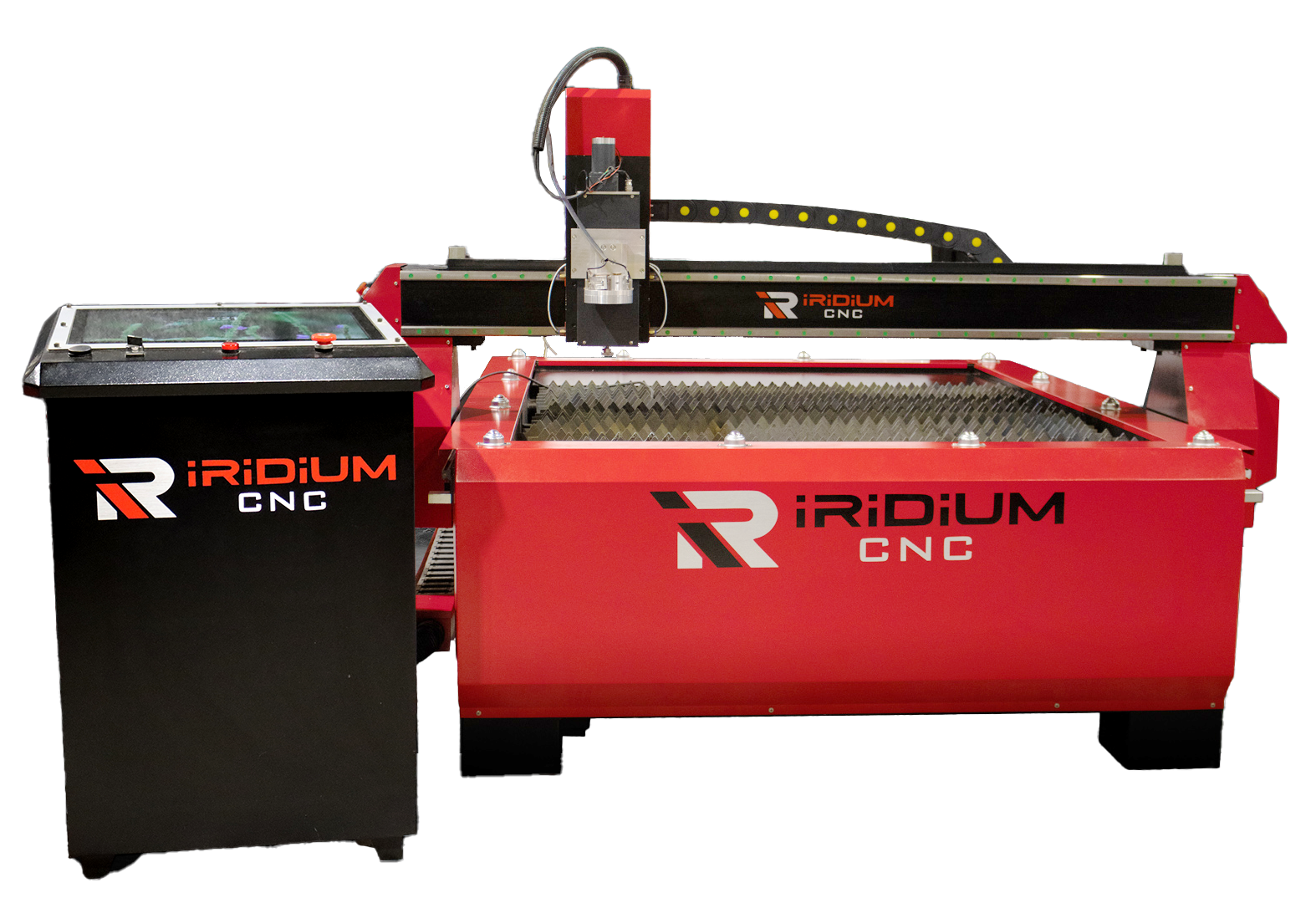
CNC Plasma Pro
CNC Plasma Pro uses high-precision plasma technology for efficient metal cutting.
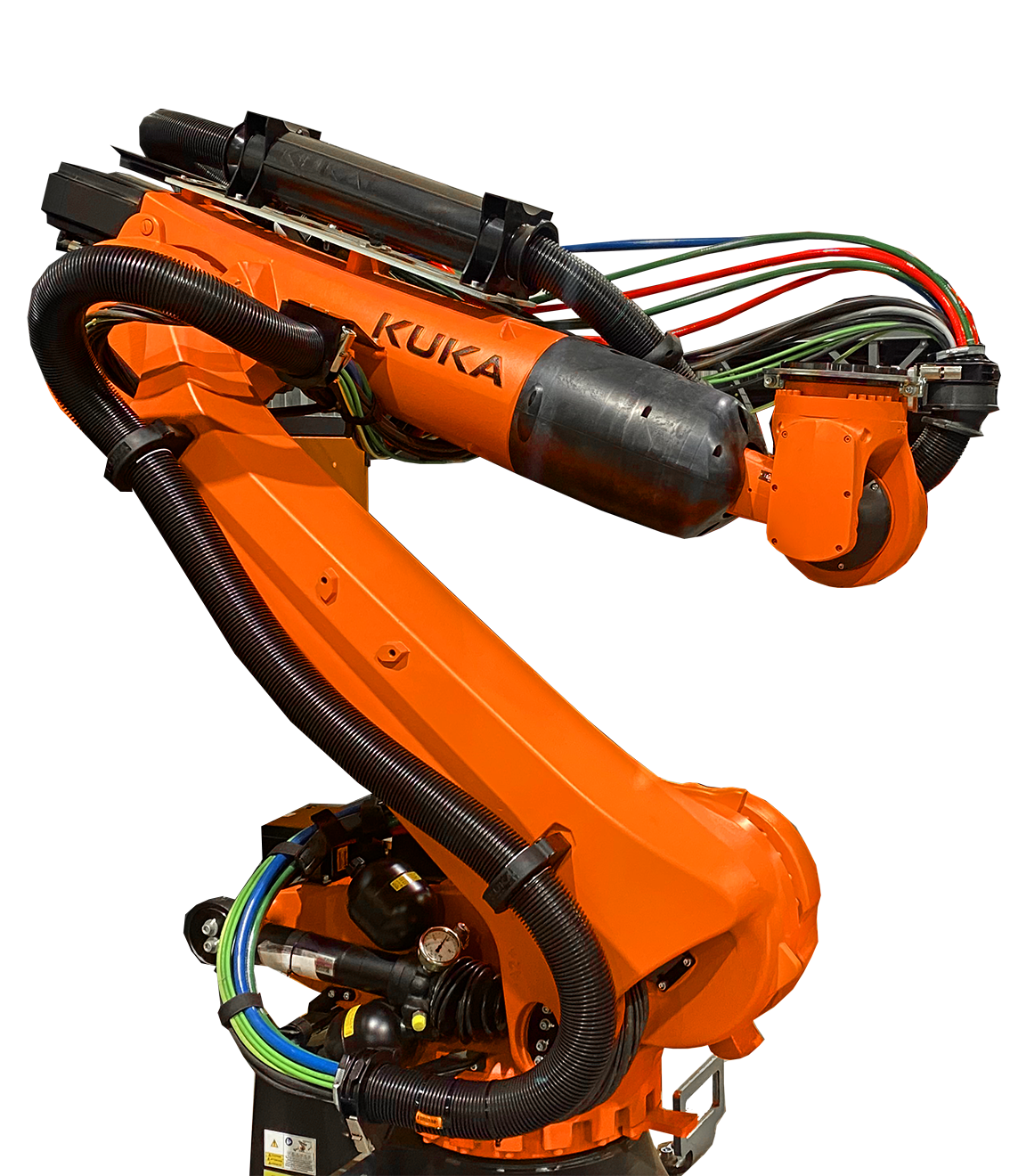
Robot coupeur
Robot coupeur specializes in automated cutting processes, enhancing productivity in manufacturing environments.
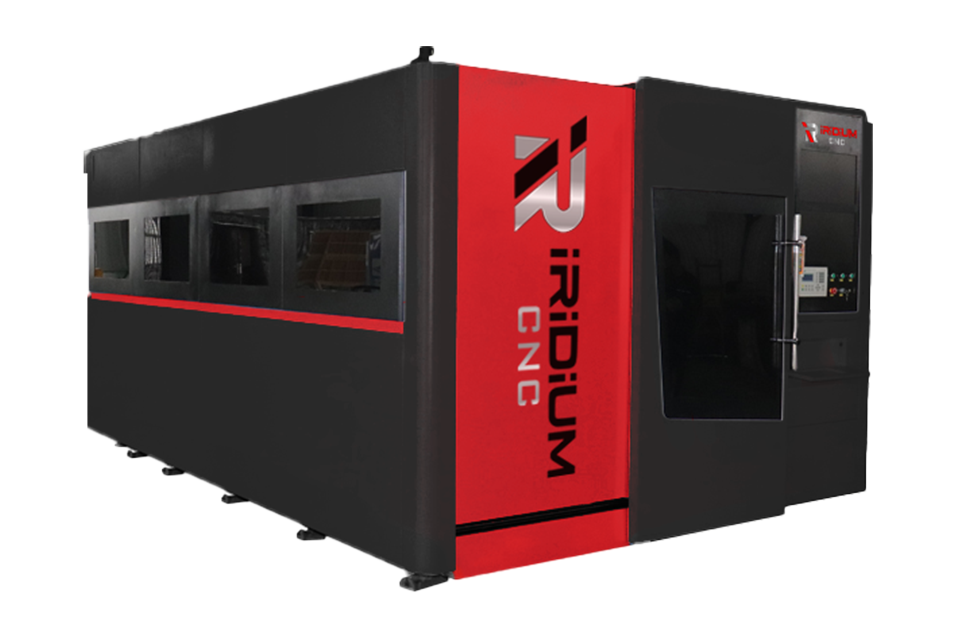
Laser Fibre
High precision fibre laser cutting system engineered for industrial applications.
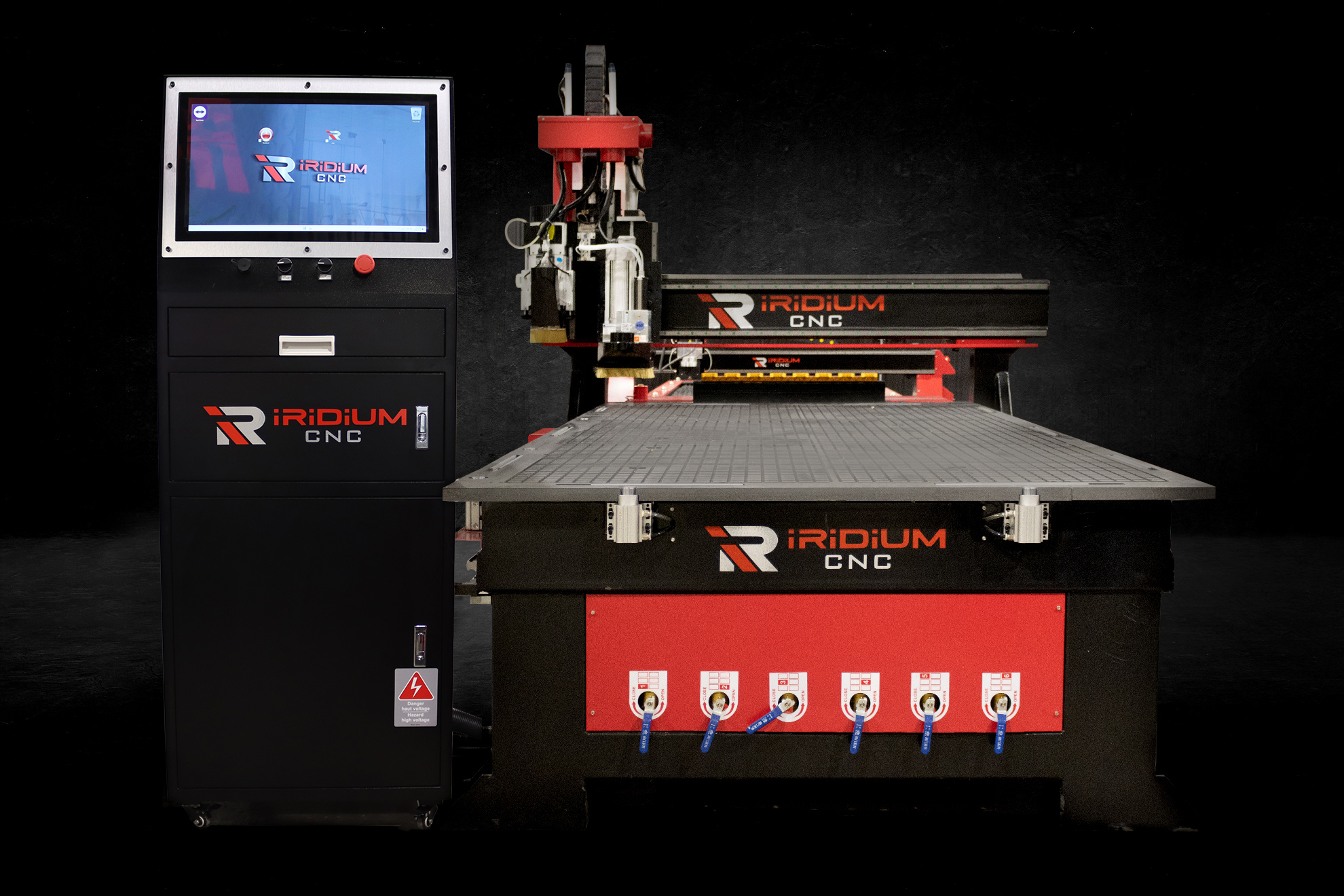
Routeur CNC – Série Pro Max MD
Série Pro Max MD Router is designed for multi-drilling and precise cutting tasks with excellent performance.
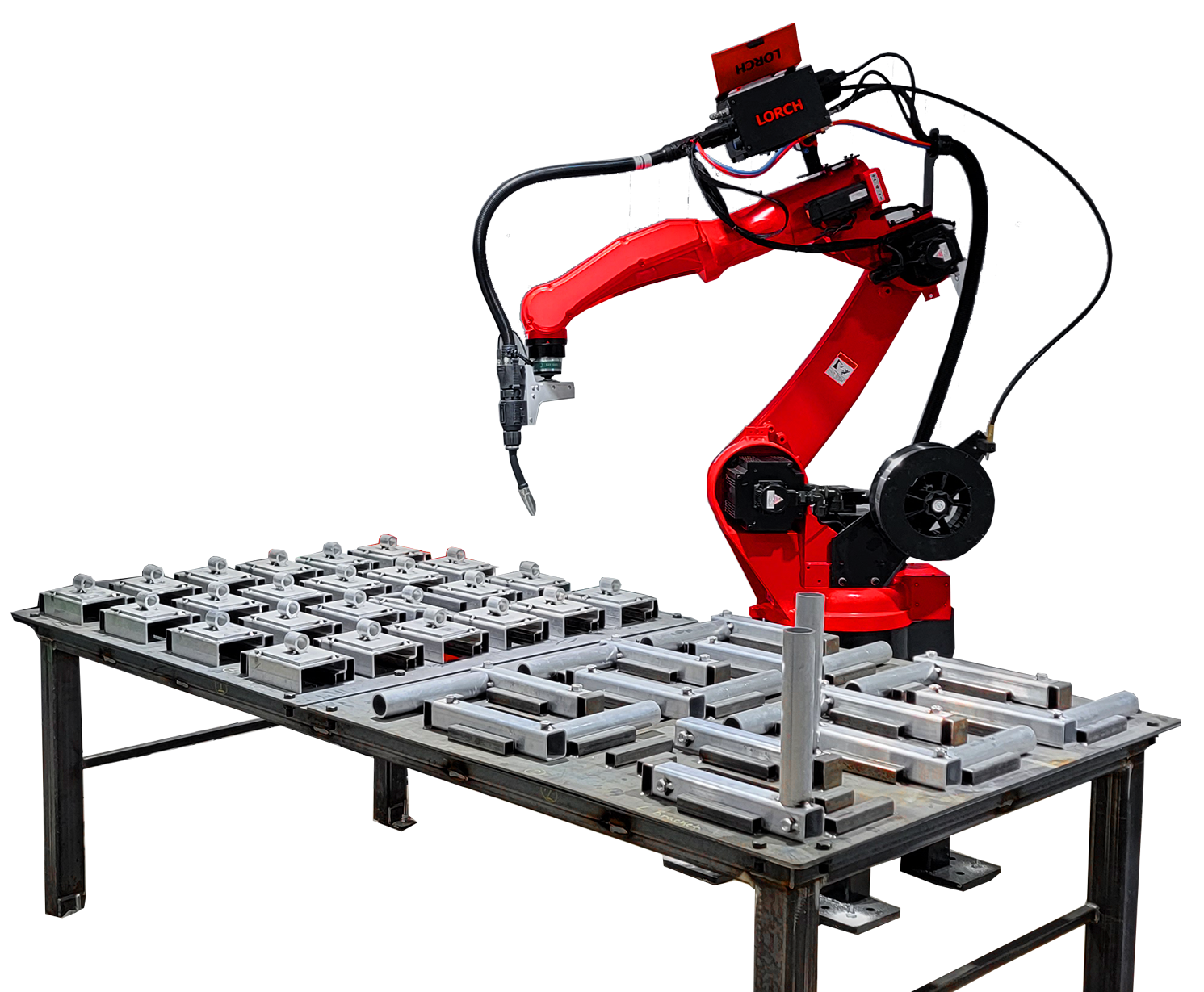
Robot soudeur
Robot soudeur automates welding tasks, providing greater flexibility and accuracy in production.
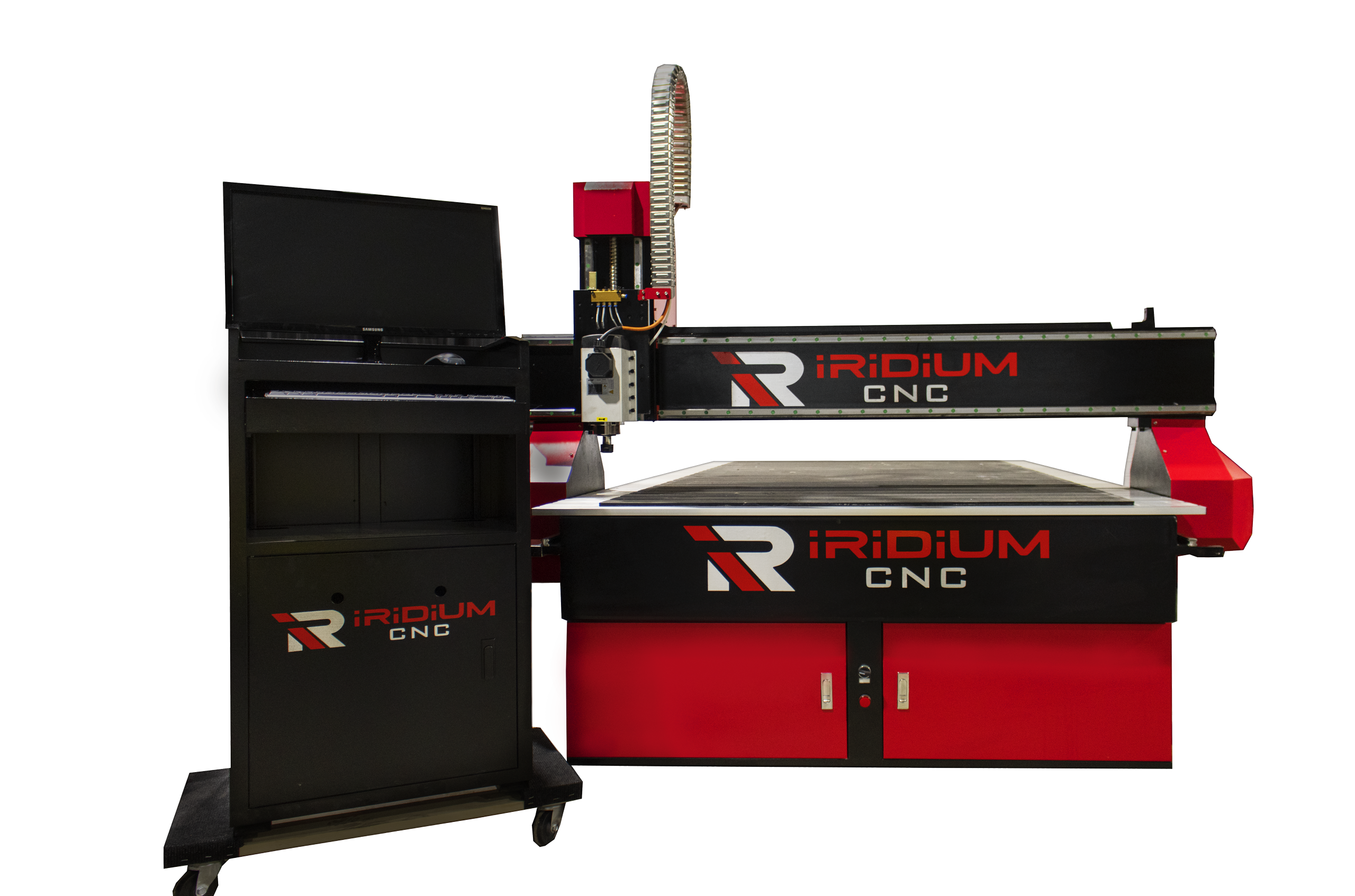
Routeur CNC – Série Pro
The Série Pro CNC Router offers high-performance cutting capabilities suitable for a wide range of materials.

CNC Fiber Laser
CNC laser cutting machines provide high precision and speed for various cutting applications.
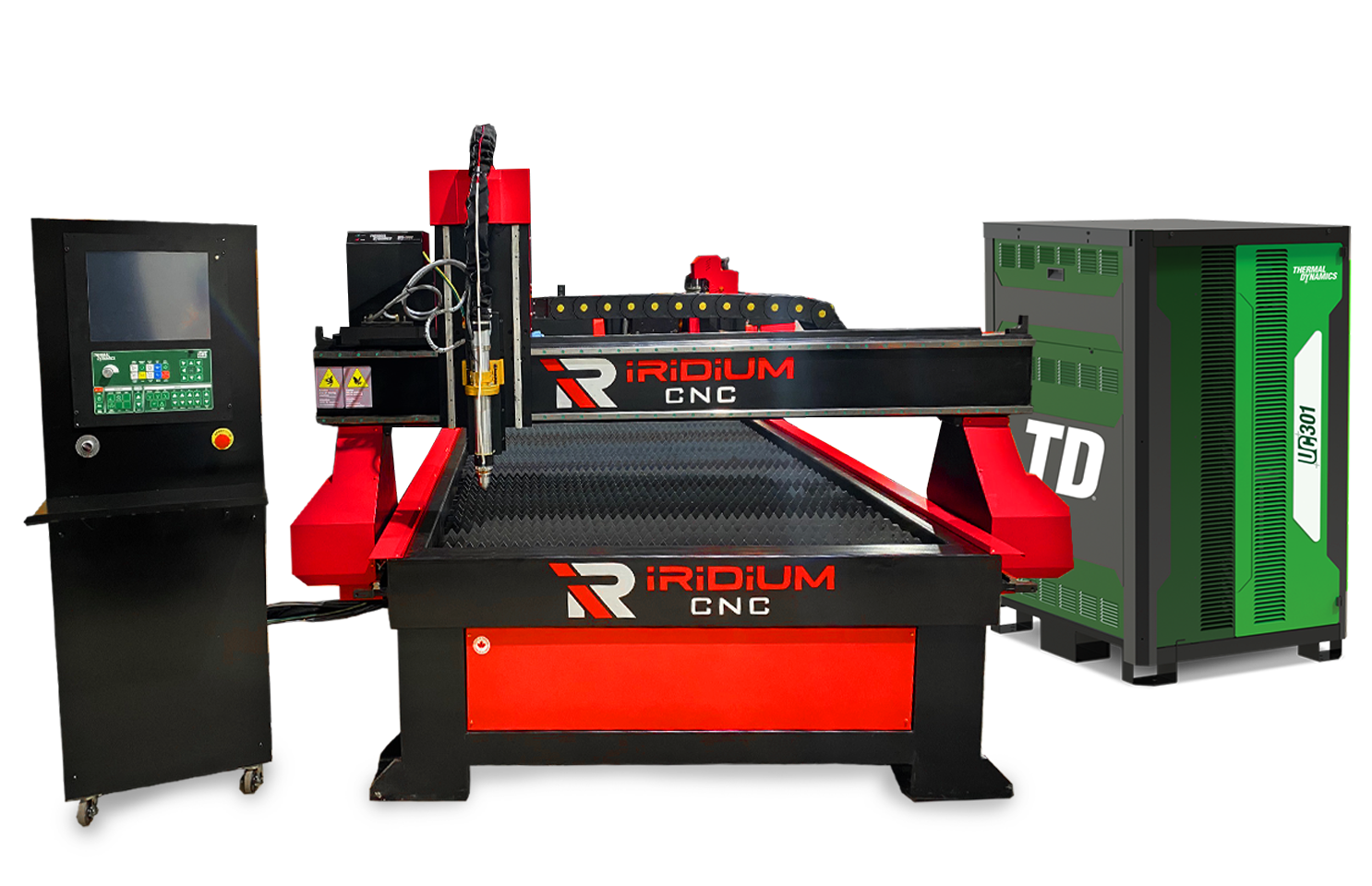
CNC Plasma HD
CNC Plasma HD delivers high-definition cutting with impressive accuracy and speed.

CNC Plasma Coupe tuyaux
Designed for cutting metal pipes, CNC Plasma Coupe combines precision with efficiency.
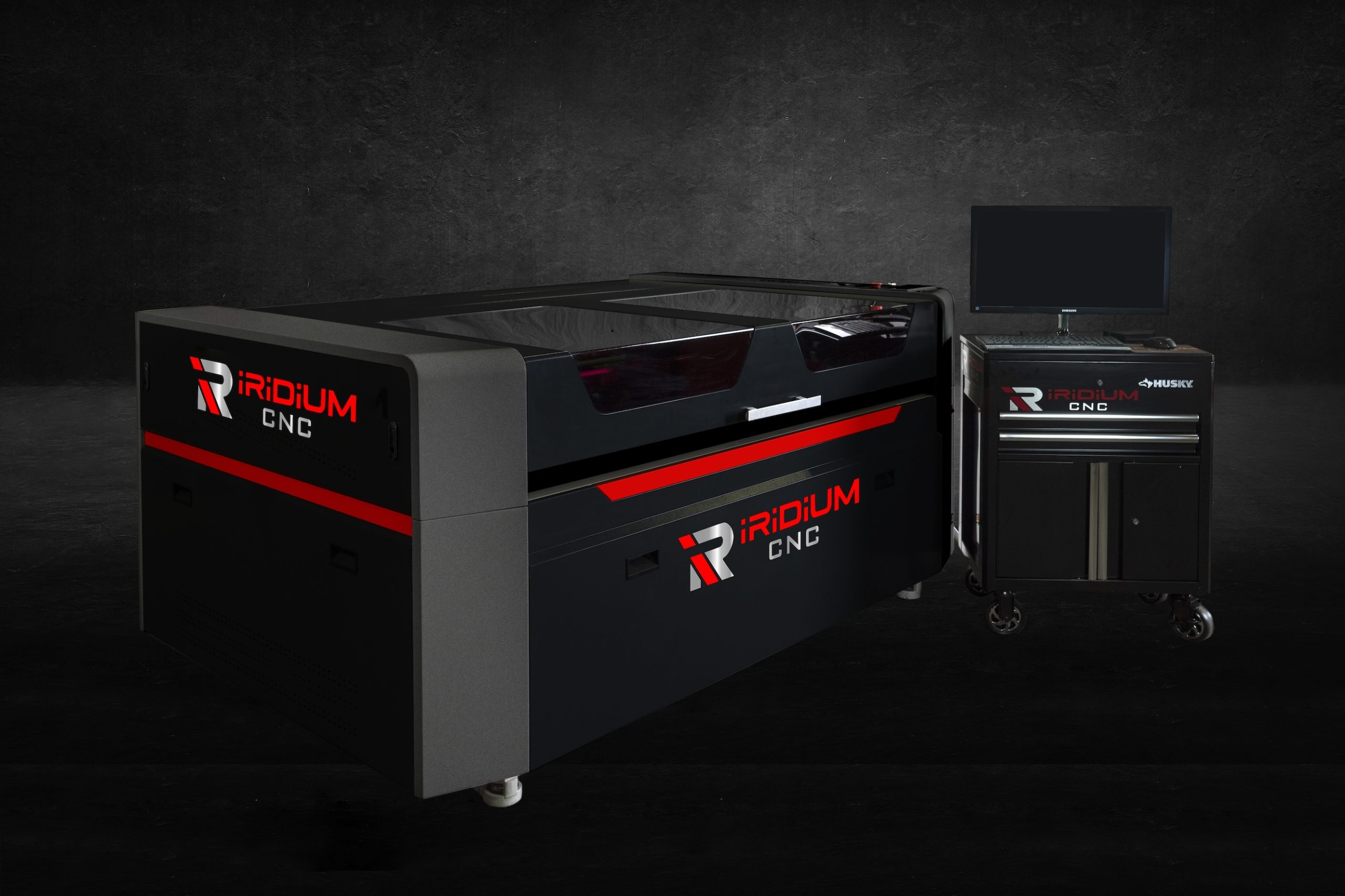
Laser CO2
Laser CO2 technology is known for its precision and versatility engraving and cutting non metallic materials.

CNC Plasma cutting machine
CNC plasma cutting machines are essential for precise metal cutting in various industries.
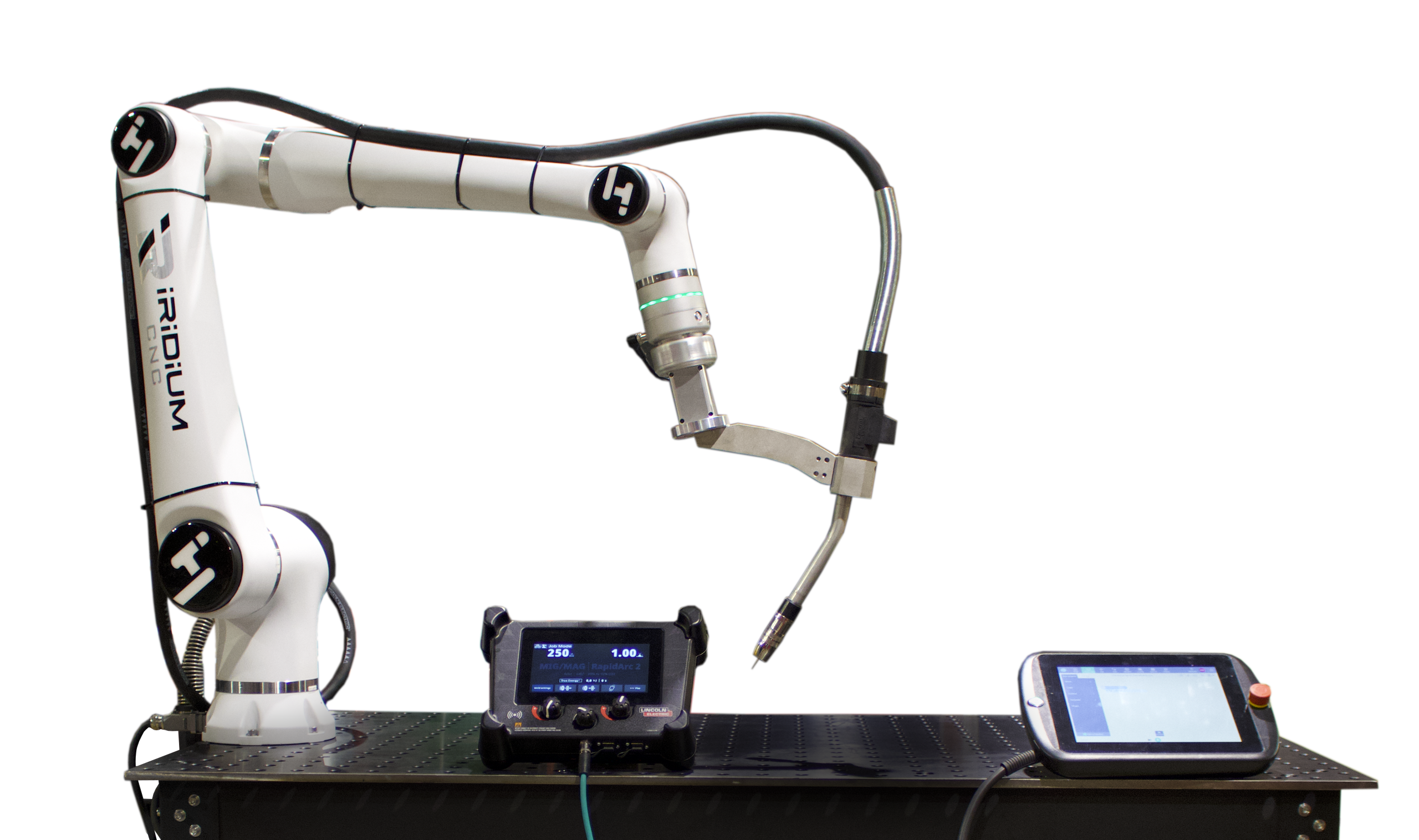
Robot Collaboratif
Collaborative robot designed for flexible automation in modern manufacturing environments.
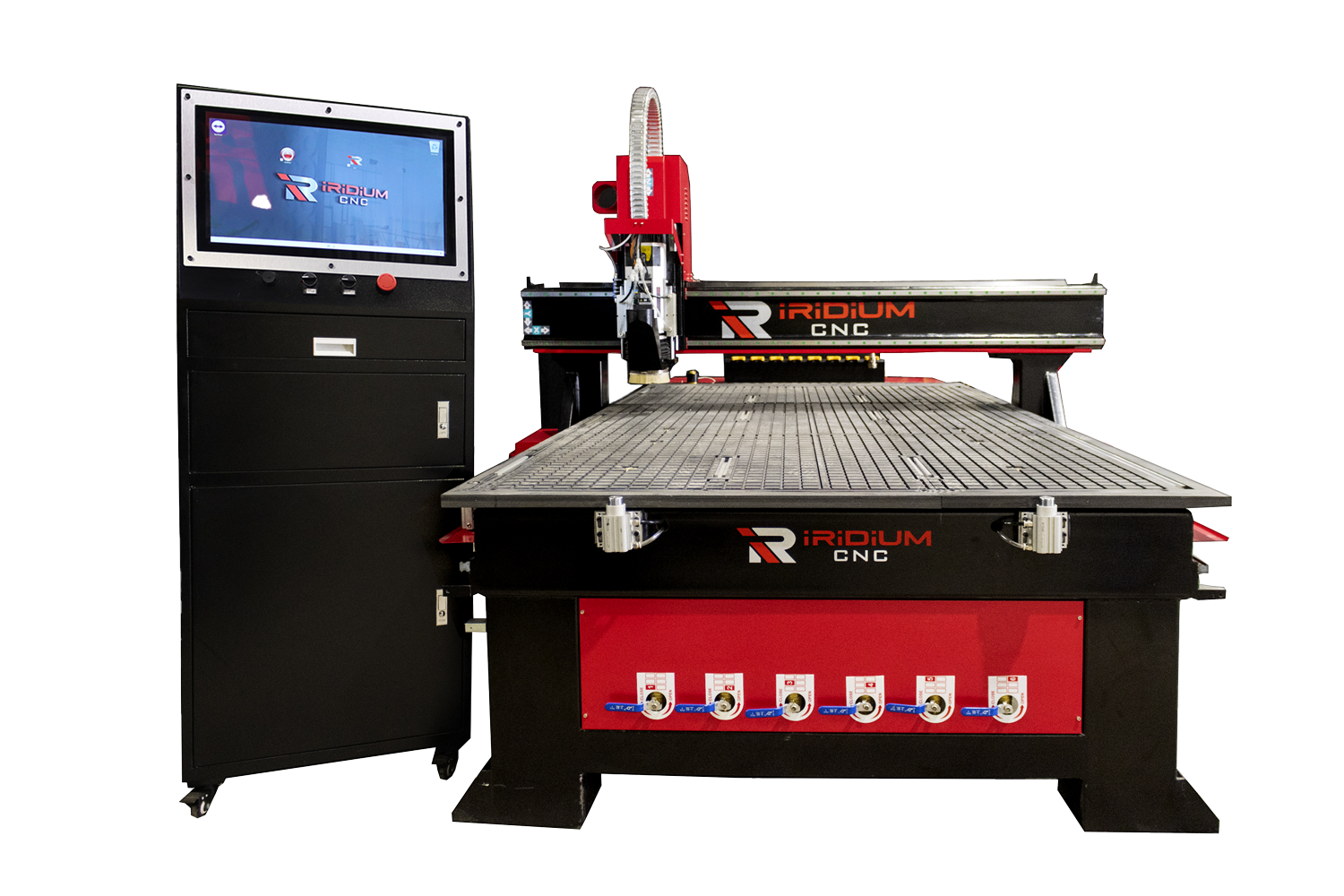
CNC Router
Whatever your industry — whether you’re in cabinetry, kitchen cabinet manufacturing, or sign production — and whether yo…
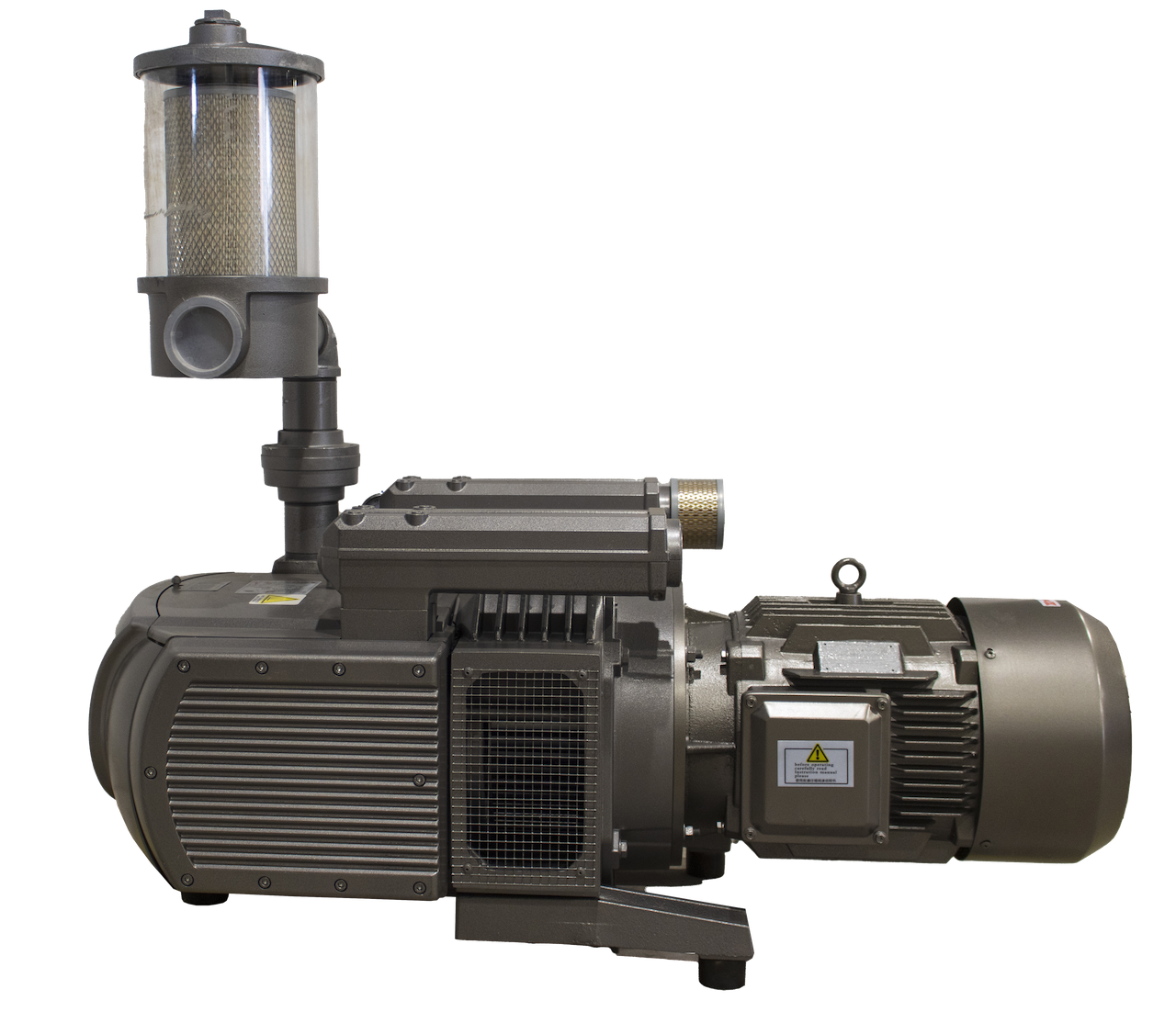
Pompe aspirante
Pompe aspirante provides reliable suction for holding materials securely during machining processes.
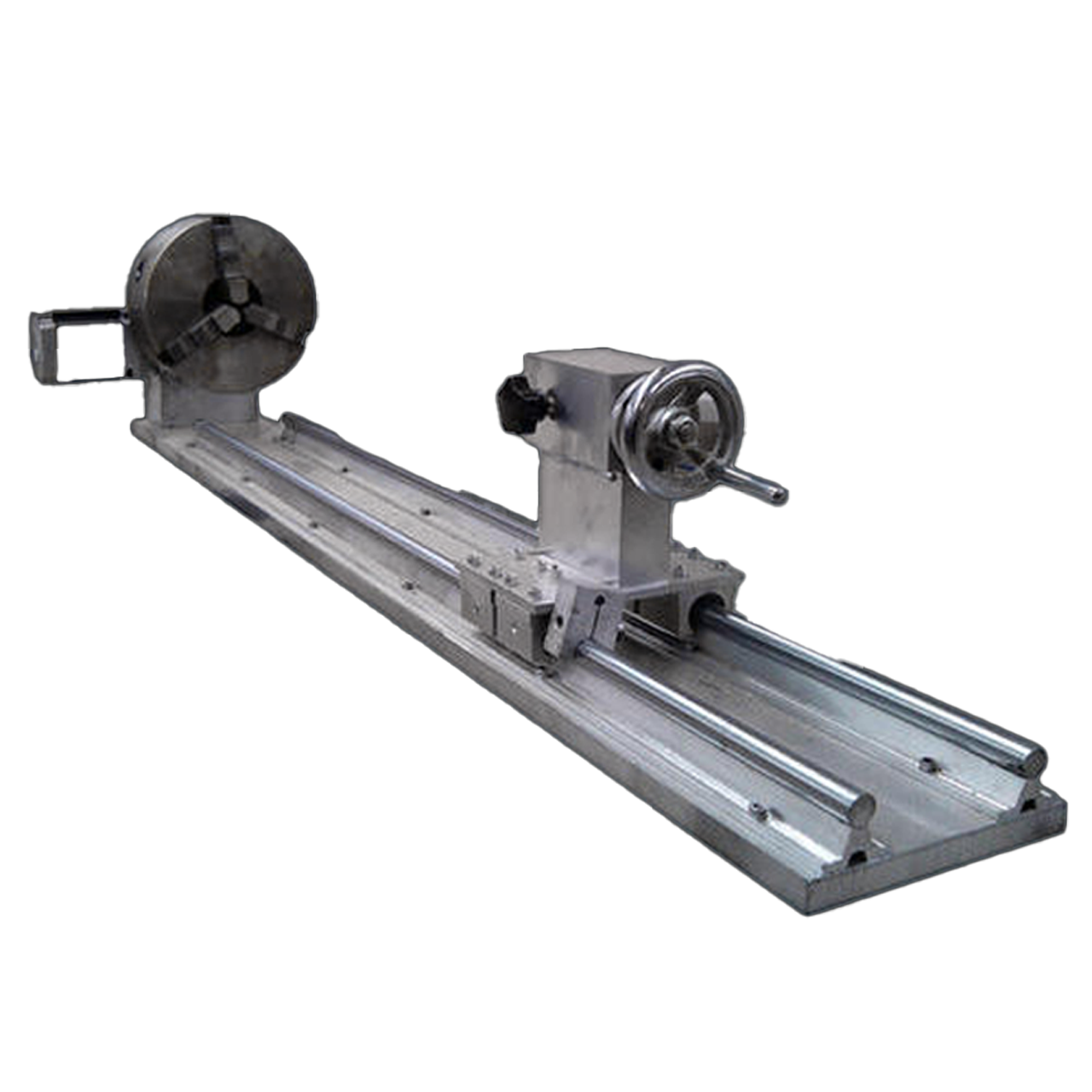
Axe rotatif
Axes rotatif are essential components for expanding the functionality of CNC routers.

Robotic systems
Robotic systems enhance automation and efficiency in manufacturing processes.

Routeur CNC – Série Pro Max
The Serie Pro Max Router provides enhanced features for advanced machining requirements and versatility.
What features should I look for in a wood CNC machine?
When selecting a wood router, including entry level machines prioritize precision and reliability. Look for robust construction that can withstand regular use. Evaluate software compatibility for smooth integration into your workflow.
Consider features like a t slot table, which helps secure workpieces during milling and cutting operations, providing greater flexibility and precision. Examine the machine’s speed, accuracy, and ability to maintain tight tolerances to meet your production needs.
Consider features like automatic tool changers and multi-axis capabilities to improve efficiency and output quality.
Ensure the machine includes a comprehensive warranty and customer support to protect your investment.
In addition to fundamental features, consider the machine’s user-friendliness. An intuitive interface reduces the learning curve for your team. Look for machines with straightforward controls and training resources.
Another important aspect is maintenance requirements. Regular upkeep ensures longevity and consistent performance. Choose a model that allows easy access to components for inspections and repairs.
Lastly, assess the machine’s adaptability to emerging technologies. Investing in a CNC machine that evolves with advancements in software and tools keeps your operations competitive, contributing to improved efficiency and quality in your woodworking projects.
How can CNC machines improve the quality of my wooden products?
CNC machines, when equipped with a stepper motor, enhance the quality of making furniture and wooden products by providing precision in every cut. CNC machines are also highly effective for sign making, allowing for the creation of detailed and precise signage that traditional methods cannot achieve. They enable complex designs that traditional methods struggle to achieve. This technology streamlines production, reducing errors and waste. As a result, woodworking manufacturers can improve material efficiency and increase output capacity while maintaining quality.
With CNC routers, woodworking professionals can maintain a competitive edge. These machines produce reliable results, building trust with customers. Investing in CNC technology represents a commitment to your business’s future.
CNC machines enhance accuracy and enable customization for various wood crafts to meet specific customer needs. This capability is vital in today’s market, where consumers seek distinctive wooden products. By utilizing CNC technology, manufacturers can adapt designs to individual preferences, ensuring greater satisfaction among their clientele.
Moreover, CNC machines automate processes, lowering labor costs and time. This efficiency allows manufacturers to focus on innovation rather than repetitive tasks, leading to enhanced productivity.
Additionally, CNC machines contribute to sustainability by minimizing waste, especially when supported by a reliable power supply . With precise cuts and optimized material usage, manufacturers can reduce their environmental impact while maintaining high-quality standards. This commitment resonates with eco-conscious consumers, strengthening brand loyalty.
Ultimately, investing in computer numerical control (CNC) technology enhances product quality and positions your business for long-term success. By embracing these advanced tools, you can elevate your craftsmanship and meet the evolving needs of your customers.
What are the best CNC router table for small woodworking businesses?
When selecting a CNC machine for your woodworking business, consider the features that align with your production goals. The CNC Router Standard is ideal for small enterprises needing versatility, with a modular design for customization.
The CNC Router Pro excels in performance, handling demanding tasks to meet tight deadlines without compromising quality.
For enhanced efficiency, the CNC Série Pro Multi Drill offers multi-drill capabilities for simultaneous drilling, significantly improving production times.
Investing in these advanced machines improves product quality and optimizes operations for both small projects and large projects.
How do I choose the right CNC machine for my specific woodworking projects?
Selecting the right CNC machine for woodworking projects is essential for quality results. Start by evaluating your specific needs, including the types of materials, such as solid wood or engineered products. For those involved in custom furniture making, selecting a machine with advanced features is crucial to capture every detail accurately.
Next, assess the complexity of your designs. For intricate patterns, choose a machine with advanced features.
Additionally, consider your production volume. A machine that handles higher output will help meet demand without compromising quality.
Factor in your budget and warranty. Investing in a reliable machine with a strong warranty can be cost-effective over time.
When selecting a CNC machine, consider features such as a vacuum table that enhance your woodworking projects. Look for machines that handle various woods and engineered products.
Assess the machine’s precision capabilities. A high-precision CNC router enables you to create intricate designs, capturing every detail accurately.
Consider software compatibility. A user-friendly interface streamlines your workflow, making it easier to design and execute complex projects.
Finally, prioritize customer support and training. A manufacturer that offers comprehensive support helps you maximize your CNC machine’s potential for optimal results.
What are the cost considerations when investing in a wood CNC machine?
When investing in a wood CNC machine, evaluate the initial acquisition cost, including the machine and necessary accessories. Look for machines that offer excellent value, balancing cost with features and performance to ensure a worthwhile investment.
Next, factor in installation and setup costs. Training your team is essential to leverage the machine’s capabilities.
Do not overlook maintenance costs, as regular upkeep is crucial for durability and optimal performance.
Consider the potential return on investment. A well-chosen CNC machine can enhance production efficiency and significantly improve product quality.
In addition to initial expenses, consider the long-term costs of operating a wood CNC machine, including electricity usage, which varies by efficiency and frequency.
Also factor in replacement components and enhancements over time. Investing in high-quality parts can reduce these costs.
Account for software licensing fees, as many CNC machines require specialized software for optimal performance.
Lastly, do not overlook potential downtime costs. A reliable machine minimizes interruptions, helping to keep your production schedule on track.
How can I optimize my CNC machine settings for better performance?
To enhance your CNC machine settings, consider the material characteristics. Different woods have varying densities and grain patterns that influence cutting performance. Denser hardwoods may require slower feed rates to minimize tool wear and ensure a clean cut.
Experimenting with various tool geometries can also improve results. A sharper tool reduces friction and enhances cut quality, while a specific coating may improve durability.
Additionally, pay attention to your cooling methods, especially in relation to the z axes . Proper cooling prevents overheating, which can damage tools and affect work quality.
Finally, document your settings and outcomes to refine your processes and achieve consistent quality in your wooden products.
What maintenance practices will prolong the life of my CNC machine?
To extend the lifespan of your CNC machine, routine maintenance is essential. Keep the machine clean by removing dust and debris after each use.
Regularly examine and tighten all bolts and screws for stability during operation. For machines with water-cooled spindles motor, regularly check the water pump to ensure it is functioning correctly and providing adequate cooling.
Lubricate moving components according to the manufacturer’s recommendations to reduce friction and wear.
Inspect electrical parts frequently for signs of wear or damage.
Schedule professional servicing at least once a year to identify potential issues before they become significant.
In addition to fundamental maintenance practices, establish a routine inspection schedule to identify minor issues before they escalate into costly repairs.
Maintain a service log to track all maintenance performed, providing valuable insights into your machine’s performance over time.
Use high-quality lubricants and cleaning agents compatible with your CNC machine to ensure optimal performance and longevity.
Lastly, educate your operators on proper usage and maintenance techniques to improve care and efficiency in your operations.
How can I integrate CNC technology into my existing woodworking workflow?
Integrating CNC technology, such as x carve, into your woodworking workflow can be straightforward. Consider how CNC technology can support your future growth, allowing you to scale operations and incorporate new advancements seamlessly. Start by ensuring you have ample space for the machine.
Next, choose a CNC router that meets your needs. Our routers are designed for various materials, providing flexibility for your projects.
After selecting the right machine, ensure your team is trained on its operation to enhance productivity and minimize downtime.
Finally, monitor the integration process closely and adjust your workflow as necessary to fully leverage CNC technology’s benefits.
What common mistakes should I avoid when using a CNC machine for woodworking?
To enhance your CNC woodworking projects and experience, consider these insights. Always double-check your machine settings before starting a project, including the feed rate and spindle speed, as these significantly affect cut quality.
Familiarize yourself with your CNC machine’s software. Understanding its features can help optimize your designs and improve efficiency.
Conduct test cuts on scrap material to fine-tune your settings and prevent costly errors on actual workpieces.
Finally, engage with the CNC community. Sharing experiences and learning from fellow woodworking enthusiasts can provide invaluable tips that enhance your skills.
